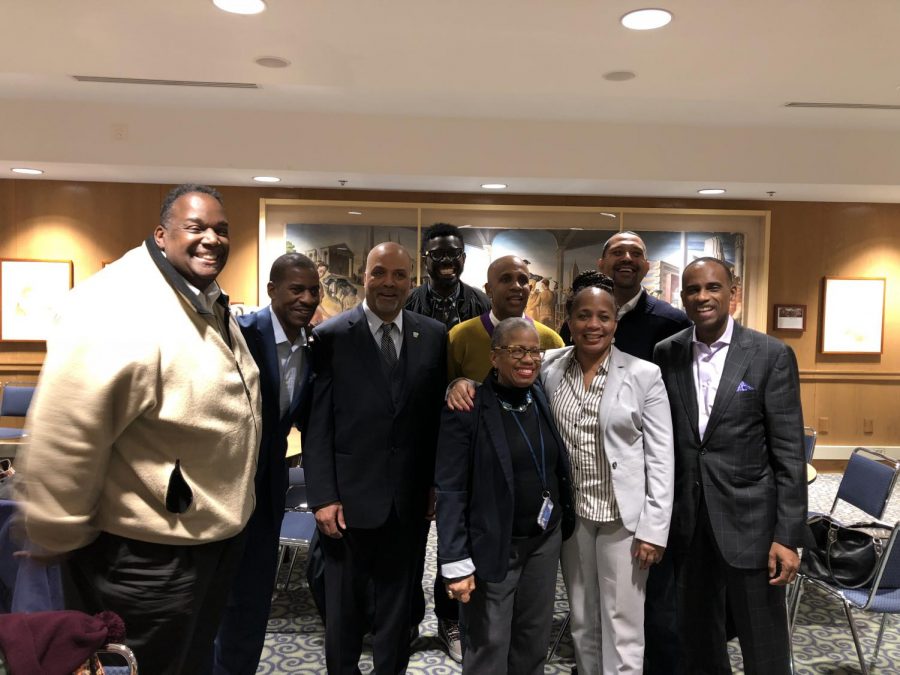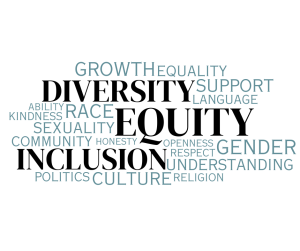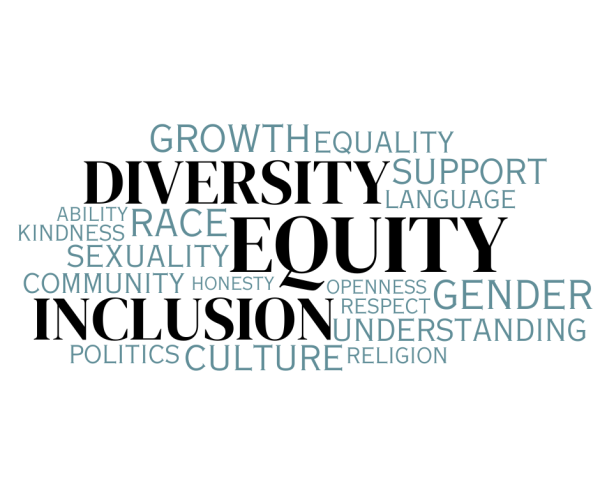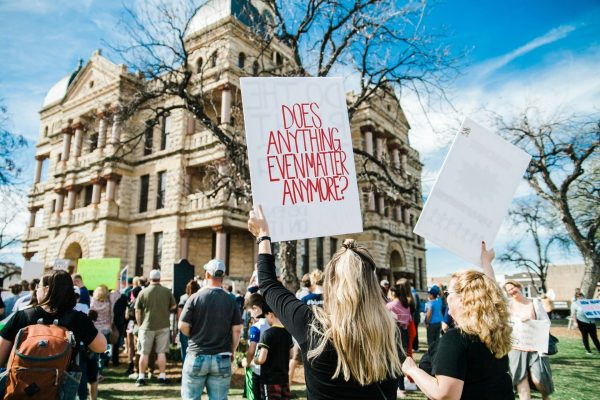‘Tell Them We Are Rising’
The Africana Center held an event on diversity at college campuses.
December 5, 2018
Many universities and collegiate institutions are categorized as predominantly white institutions (PWI), according to the United States Department of Education, but at “Tell Them We Are Rising,” an event hosted by Central Connecticut’s Africana Center in the Bellin Gallery, diversifying these campuses was the topic.
Coordinated by Alyah Fresnel and Alfred Baah, along with fellow Africana Center staff, the event was intended to have community members discuss the film “Tell Them We Are Rising: The Story of Black Colleges and Universities.” The discussion was focused on creating solutions for PWI universities in their treatment towards the black student body.
Fresnel stated the purpose of the film is to further the conversation around PWIs and retention and graduation success of its black and brown student body. The documentary then portrayed a historical summary of the creation and establishment of Historical Black Colleges and Universities (HBCUs) within southern states across the country.
Inspired to provide black and brown people with academic opportunities, the creation of predominantly multiracial institutions made academic spaces accepting of cultural freedom and access to participate in Afro-inspired academia. During America’s experience with slavery, enslaved black and brown peoples were reprimanded the right to pursue an education; slaves were not granted the right to education due to the fear of black retaliation and insubordination to white slave masters.
Following the Civil War, blacks that had sought freedom and the chance at an education fled to the Union. Contraband schools that housed blacks in pursuit of an education and an influx of schools and teachers dedicated to the idea of providing fundamental education for Black Americans came after.
The event then turned to a panel discussion featuring Willis Moore from the Connecticut Department of Social Services, New Britain High School coach Darwin Shaw, Lyle Baron of the New York Metropolitan Transit Authority, Education and Human Services Administrator Dr. Benjamin Foster and owner of Michaels Finest Custom and Readymade Clothing, Michael Jones.
The panel was asked whether being on a HBCU campus made for easier connections than on a PWI, what challenges exist in attending a HBCU and why they chose a HBCU. The responses given expressed both strong admiration and gratitude towards the establishment of HBCUs, however, would outline the issues in having the opportunity to attend one.
In response to the questions, a majority of the speakers had proudly stated their status as an alumnus of an HBCU college. Brown expressed that a HBCU makes life simpler for black and brown students, as the campus possesses features exclusive to them.
“It’s easier for a black student to make connections at an HBCU due to the environment that exist there being comprised of that vernacular and cadence that is specifically unique to us,” Brown said.
In addition to his comment, Brown furthered the issues surrounding the challenges associated with attending a HBCU institution.
“Some just don’t have basic self-discipline to succeed in higher learning, they don’t come to class or turn in assignments,” Brown said.
Jones also mentioned another challenge associated with attending an HBCU related to money and resources.
“PWIs receive much more funding for being a state recognized institution whereas HBCUs are private institutions that are both larger in capacity and get smaller funding,” Jones said.
As the discussion continued, there was an overall consensus that there is a lack of culture and cadence that exists within an HBCU, the economic resources to create that space are scarce and that retaining black and brown retention ratings in the student body is necessary.









